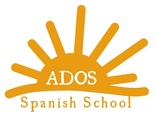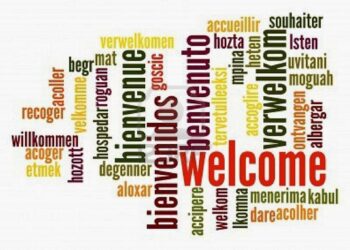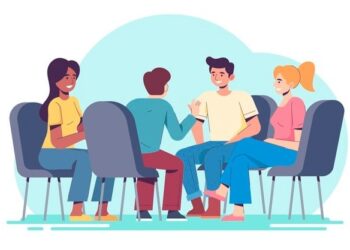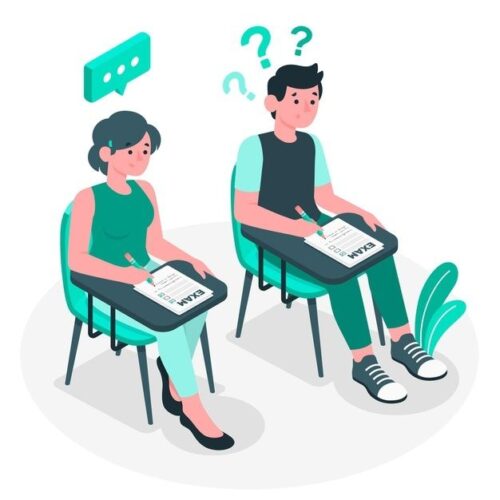Our method
Welcome to ADOS SPANISH SCHOOL!
At ADOS SPANISH SCHOOL, we believe that learning Spanish is much more than memorizing words—it’s about opening the door to a new culture, new opportunities, and new ways of thinking. We offer a dynamic, personalized, and student-centered learning experience, with programs tailored to different levels: A1, A2, B1.1, B1.2, B2.1, B2.2, and C1.1.
What do we offer?
Intensive in-person Spanish courses for foreign learners.
Small groups for personalized attention.
Preparation for international exams (DELE).
Socio-cultural and sports activities to practice the language in real-life contexts.
Why choose us?
Over 15 years of experience teaching Spanish.
Communicative methodology based on real interaction.
Affordable prices for everyone.
High student satisfaction rate.
Would you like help turning this into a brochure or website copy?
Our students
At our academy, our students are the true protagonists. Adults over 18 from all cultures come together with a shared goal: to learn Spanish and open themselves to the world.
From international students preparing to enter university or vocational training programs, to professionals looking to improve their Spanish to advance in their careers—each one is part of a committed, diverse, and constantly growing community.
We take pride in watching their progress every day. With effective classes, personalized attention, and a motivating environment, our students don’t just learn a language—they live it!
Our Methodology
All our courses, methodology, and curriculum have been developed in accordance with the Reference Levels for Spanish from the Instituto Cervantes and the Common European Framework of Reference for Languages: Learning, Teaching, and Assessment (CEFR).
Our methodological approach is communicative. We aim to ensure that the communicative situations we work with are closely related to the students’ reality and their needs. The goal is to teach communication based on the needs expressed by the students.
Check out our teaching plan here.
What sets us apart:
A communicative approach
We prioritize communication from day one. Our students speak, listen, read, and write in Spanish from the very beginning.
Personalized learning
Every student learns at their own pace. We adapt our classes to meet the needs, interests, and goals of each learner.
The DELE objective
Our classes prepare you for the DELE exam, and our assessments show you your true level of proficiency.An Immersive environment
We create a space where the language is lived: sociocultural activities, sports, game club, reading club, and music club, all designed to help you practice Spanish naturally and authentically.
We look forward to welcoming you!
Our material
Our Assessment and Grading
Our evaluation and grading process is based on the official DELE exam. Our tests provide a realistic measure of your current level and help determine whether you’re truly ready to take the DELE exam and earn an official certification.
Once all course content for a given level has been completed, students take a final assessment that evaluates the four core language skills: writing, speaking, reading, and listening. The results, graded using the DELE scale, determine whether the student has successfully reached the level or if further preparation is needed.
Certificates
At the end of the course, and after completing the corresponding evaluation, each student receives a certificate of achievement indicating the course completed, start and end dates, total number of hours, attendance percentage, level attained, and progress in the acquisition of sociocultural knowledge.





